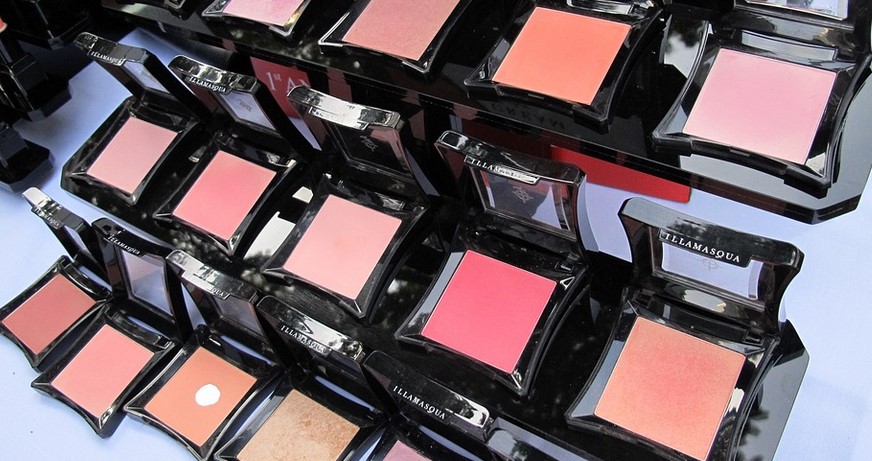Introduction
Upper eyelid surgery, also known as blepharoplasty, is a cosmetic surgical procedure that removes excess skin and fat from the upper eyelids. This procedure can help to improve the appearance of droopy eyelids, which can give a tired or aged look to the face. However, many people wonder if insurance covers this procedure. In this article, we will explore the answer to this question and provide some helpful information for those considering upper eyelid surgery.
What is Upper Eyelid Surgery?
Upper eyelid surgery is usually performed under local anesthesia and takes about an hour to complete. The surgeon makes an incision in the natural crease of the upper eyelid, removes any excess skin or fat, and then closes the incision with sutures. The procedure is relatively safe and has a high success rate, with most patients experiencing little to no complications.
Why People Consider Upper Eyelid Surgery?
Many people consider upper eyelid surgery for cosmetic reasons. As we age, our skin loses elasticity and can sag, resulting in a tired or aged look to the face. The upper eyelids are particularly susceptible to this, as the skin in this area is thin and delicate. Upper eyelid surgery can help to rejuvenate the face and give a more youthful appearance.
Does Insurance Cover Upper Eyelid Surgery?
In most cases, insurance does not cover upper eyelid surgery. This procedure is considered to be cosmetic and is therefore not considered medically necessary. However, there are some cases where insurance may cover the cost of the procedure. For example, if the droopy eyelids are causing vision problems, insurance may cover the cost of the surgery.
Medical Reasons for Upper Eyelid Surgery:
If you are experiencing any of the following symptoms, you may be able to get insurance to cover the cost of your upper eyelid surgery:
- Difficulty seeing due to droopy eyelids
- Chronic headaches caused by strained forehead muscles
- Eye fatigue due to constantly lifting the eyebrows to see
How to Determine if Insurance Will Cover the Procedure
If you are considering upper eyelid surgery, it is important to check with your insurance provider to see if they will cover the cost of the procedure. Your surgeon may also be able to help you determine whether or not insurance will cover the cost.
What to Expect During Recovery
After the surgery, you can expect some swelling and bruising around the eyes. Your surgeon may recommend using ice packs to reduce swelling and sleeping with your head elevated for the first few nights. You should avoid strenuous activities and heavy lifting for several weeks after the procedure.
When to See Your Surgeon
It is important to follow up with your surgeon after the procedure to ensure that you are healing properly. If you experience any of the following symptoms, you should contact your surgeon immediately:
- Excessive bleeding or swelling
- Severe pain or discomfort
- Infection at the incision site
Conclusion
Upper eyelid surgery can have many benefits, including improving the appearance of droopy eyelids and giving a more youthful appearance to the face. However, it is important to understand that insurance does not usually cover the cost of this procedure unless it is medically necessary. If you are considering upper eyelid surgery, be sure to check with your insurance provider to determine whether or not they will cover the cost.

